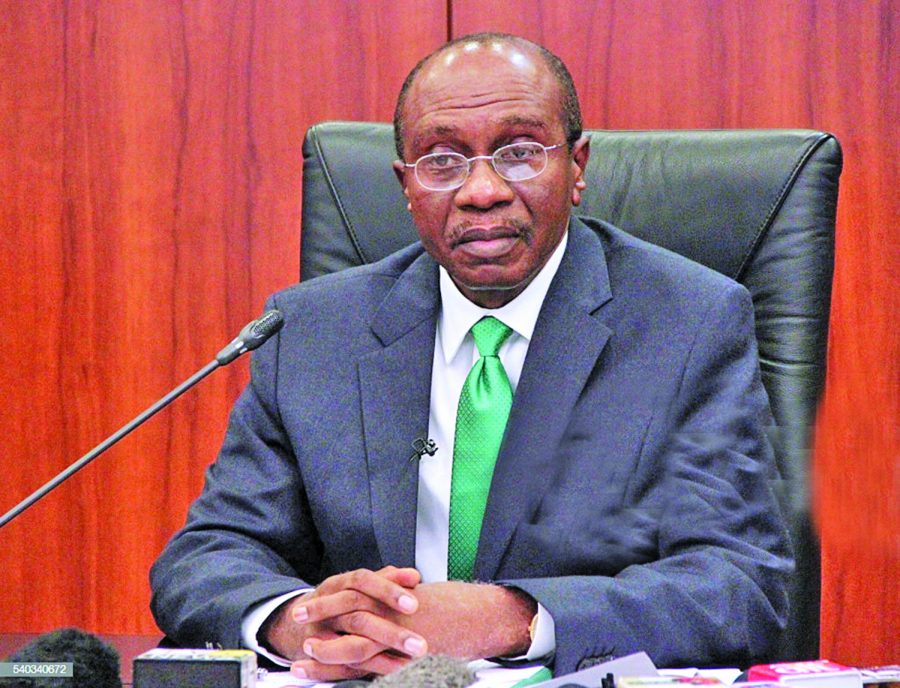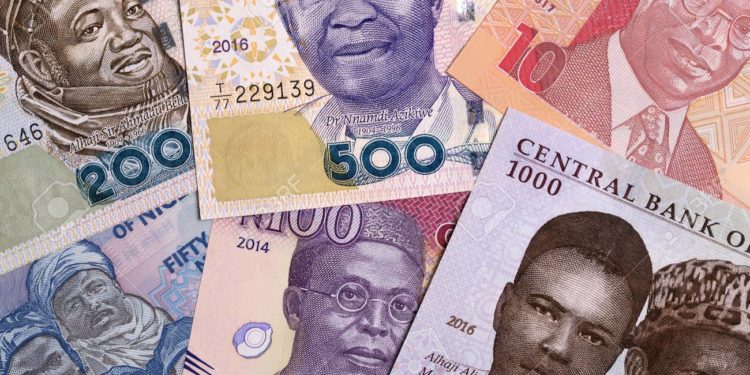A recent empirical study has revealed that the Central Bank’s Loan-to-Deposit ratio policy did not lead to a drop in the lending rates offered by Nigerian commercial banks, despite the decline in the cost of funds to the banks.
This is contained in an exploratory study, titled “An appraisal of the CBN temporary credit initiative,” which was published on CBN’s website.
According to the study, while the cost of funds to banks was declining, the lending rate to customers was on the rise, a signal of exploitation by banks, which is in turn, affecting expected economic growth. Notably, short-term interest rates which were theoretically expected to hover within the MPR corridor were in most cases below the floor.
Recall that the Central Bank increased the required minimum LDR to 60% in July 2019 and further reviewed it forward to 65% later in the year. The Apex bank noted a significant increase in the size of gross credit by Deposit Money Banks to customers, hence retained it at 65% in January 2020.
A cursory look at the credit report from the National Bureau of Statistics (NBS) shows that gross loans have grown by 32.28% from N15.48 trillion as of Q2 2019 to N2.48 trillion by the end of 2020. This indicates that commercial banks offered N4.99 trillion additional loans in less than two years.
The banks have also been able to reduce their NPL ratio from 9.33% to 6.2% in the same period. According to the study, as credit to customers expanded, the ratio of non-performing loans to total loans continuously moderated. This was attributed to various other policy measures that accompanied the credit boost strategy.
What this means
- The study revealed that while the CBN adjusted the loan-to-deposit ratio to 65% and mandated DMBS to comply, the benefit of the policy has not been fully realised.
- It submitted that the policy contributed to increasing lending to the economy but did not substantially bring about a reduction in the cost of funds.
- This means that, despite increased access to credit, Nigerians are still paying as much interest rates to the commercial banks.

























Please help us to fight this problem and instead of two years they are making it 3years for us